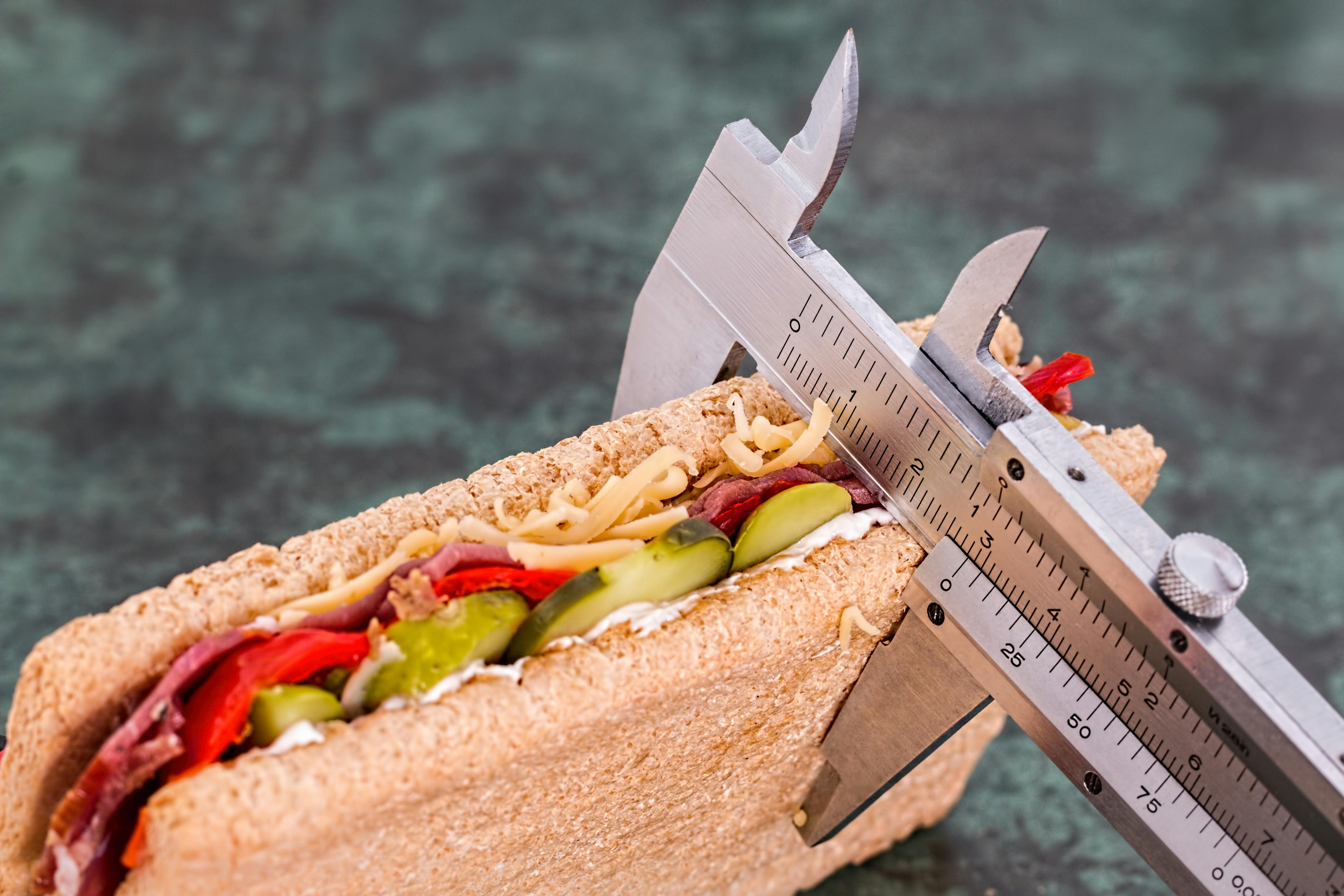 Calories In, Calories Out: The Debunking
Calories In, Calories Out: The Debunking
I am here to debunk the calories in, calories out theory. Recently in America there has been a claim that, other than exercise, the only way to lose fat is by calorie deficit. What this implies is if you simply eat less you will lose fat. Do you agree?
Before you answer, let’s discuss the following fat trap – consuming only one meal per day.
If you decreased your daily calorie intake, but consumed all these calories in a single meal, would the scales tip in your favor? Actually research has shown that low meal frequency (less than three per day) is detrimental to health as it causes an insulin surge, which promotes fat storage and increases body weight!
Remember the importance of eating and why you shouldn’t skip meals? You do? Then you remember that starvation leads to catabolism (muscle wasting) which causes….. A DECREASED METABOLISM, yes! This also means fat gain and a mushy body. So
what if you consume a 2000 calorie meal in one single sitting when you usually consume 2500 calories a day — wouldn’t you lose weight?’ Nope. You’d still gain weight! Even if the 2000 calories came from healthy nutritious foods. Why? Simply, because the 2000 calories (good or bad) eaten all at once would still cause an ugly spike in your blood glucose, which would lead to the insulin rush I just referenced.
On top of that do you think you’d be able to go the whole day without food after having eaten all your daily calories in one meal?
The Advantage of 3 (or More) Meals a Day
According to a study in which energy intake was divided over two and three daily meals, participants who consumed two meals (no lunch) felt much hungrier compared to those who had three. Those same people ate a bigger and a more unhealthy dinner.
So if you were to limit yourself to a single meal, your blood glucose level would crash making you feel ravenous and craving sugary foods. And it’s most likely that you will indulge these frenzies. The excess calories will go settle nicely on your waistline.
‘‘Okay George… I mean, it’s a pain-in-the-you-know-what to eat multiple times a day…. Who has time for that?’’ No time – the oldest excuse in the book! When I trained Michael Dell and Mark Cuban their schedules were busier than anyone else I knew. Yet, they made time for exercise in their day. Time to eat takes much less time than exercising, and I’m sure your schedule isn’t busier than these two billionaire entrepreneurs.
What I’ve always asked people who make excuses about their schedule and who don’t make time for their health is “Are you happy being unhealthy?” Of course, there were some who argued that statement and others who became defensive about it. So I asked those who were married how they made time to exercise prior to their wedding when work, planning the wedding and the pressures of life were pulling them from all directions. Did you find time to lose weight and follow a program before your school reunion?
Prepare to Eat Properly
Finding time to eat (properly) can be done successfully in only one way: Preparation. If you prepare your food and bring it with you, or design your schedule in such a way that you include time to eat before your day begins, you will succeed. Anything less than a conscious effort to prepare is doomed to fail. We become busy and forget to eat, which over-rides our sense of hunger, there by conditioning our behavior to eat more.
When your child was born did you feed her/ him only once a day? Or every two to three hours? So if you’re over-fat and unhealthy and you don’t make the time to take care of yourself, then it tells me that you are happy right where you are, or you are too scared to succeed because you feel unworthy of being healthy and happy.
Remember, the choice has ALWAYS been yours.
Now let’s get back to how eating frequently can benefit you. Studies demonstrate that a higher meal frequency delays gastric emptying by flattening fluctuations in plasma glucose and insulin concentrations (remember how insulin helps create fat?). In other words, more daily meals assist weight loss by sustaining satiety (meaning you’ll be less hungry and you’ll be satisfied which, in turn, will help you eat less throughout the day).
Another Reason to Eat More Frequently
Based on research findings, decreasing the inter-meal interval sustains fat oxidation (the burning of fat tissue) particularly during the night. So, you’ll actually lose fat during your sleep by eating more often during the day!
Now, don’t go around saying ‘‘George said the more meals I have, the more weight I’ll lose!” Consuming more meals, which translates into ingesting more calories is not healthy, unless you’re not consuming enough calories to maintain your metabolism in the first place. Then, yes, you need to eat more calories than usual to prevent your body from starving.
Bottom Line – the calories-in calories-out theory is flawed and should not be blanketed to the masses as the be-all and end-all to stop weight/fat gain. Multiple HEALTHY meals each day the way to burn fat and keep a healthy muscle tone.

